The role of 'active clubs' in the American far right
The decentralized white supremacist cells are growing across the United States

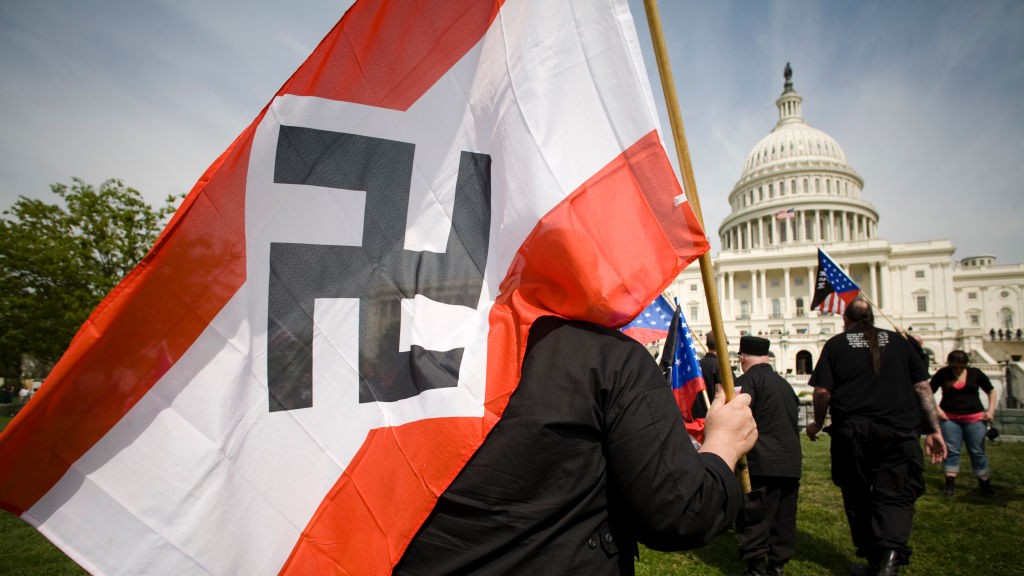
A free daily email with the biggest news stories of the day – and the best features from TheWeek.com
You are now subscribed
Your newsletter sign-up was successful
Far-right groups in the United States are growing steadily, and "white supremacist, anti-LGBTQ+ and even antisemitic conspiracy theories have become so prevalent" that even ideologies considered fringe a few years ago are now viewed as "not only normal but acceptable," the New Republic reported. Many of these groups are often associated with violence — data obtained by The Economist showed that, in 2022, all 25 murders in the U.S. classified as "extremist-related" were connected to the far-right.
Large swaths of the most violent fringes of the far right are members of white nationalist "active clubs." These decentralized groups often actively train for combat while also distributing material that contains racist rhetoric. What are these active clubs, and how are they contributing to far-right causes in the United States?
What are 'active clubs'?
These groups are a "nationwide network of localized white supremacist crews," according to the Anti-Defamation League (ADL). The creation of these groups was inspired by a Southern California white supremacist organization called the Rise Above Movement, the ADL reported. Rise Above's leader, Robert Rundo, inspired by similar groups cropping up in Europe, first floated the idea of active clubs beginning in 2020.
The Week
Escape your echo chamber. Get the facts behind the news, plus analysis from multiple perspectives.

Sign up for The Week's Free Newsletters
From our morning news briefing to a weekly Good News Newsletter, get the best of The Week delivered directly to your inbox.
From our morning news briefing to a weekly Good News Newsletter, get the best of The Week delivered directly to your inbox.
These active clubs share many of the same principles as Rise Above, according to the ADL, most notably a commitment to physical combat. Active club members "see themselves as fighters training for an ongoing war against a system that they claim is deliberately plotting against the white race," the ADL reported. Their activities include the distribution of white nationalist propaganda, demonstrations and protests, flag burning and sparring.
Active clubs are largely inspired by mixed martial arts (MMA), and they intend to revive the "spirit of the warrior" and "preservation of European heritage" through combat, according to the ADL. Active clubs often organize MMA-style events in the U.S. Rundo himself describes them as "small-styled local clubs [that] combine fitness and nationalist activism, building camaraderie and developing team-building skills," per the ADL.
The groups are also active on social media platforms, where they "juxtapose traditional fitness and martial arts imagery with white supremacist flags, symbols and messages," Forbes reported. This often occurs in the form of videos that "feature scenes of white men working out and fighting — often with their faces masked, blurred or covered — alongside white supremacist symbols, flags and messages."
How many active clubs are there?
Due to their scattered nature, the exact number of active clubs can be difficult to quantify. However, a September 2023 report from the nonprofit Counter Extremism Project identified 46 active clubs across the United States.
A free daily email with the biggest news stories of the day – and the best features from TheWeek.com
Most of these clubs are unique to a single state, such as the three identified in California and two each in Pennsylvania and Nevada. But at least one of them also crosses state lines, according to the Counter Extremism Project: the Great Lakes active club, which has members in Iowa, Minnesota, Nebraska, North Dakota and South Dakota. While some of these clubs may have less than 30 members, they typically maintain a large social media presence.
Active clubs are also becoming more prevalent in other areas of the world. The Counter Extremism Project identified 12 active clubs in Canada and 46 across Europe.
How do they differ from other white nationalist groups?
Unlike the majority of hate groups, active clubs "do not have a top-down hierarchy," Rolling Stone reported, instead operating as a network of "locally run cells that all share the same ethos." The thinking behind this, according to the Counter Extremism Project, is that the arrest of one active club leader will not have an effect on the overall network.
And despite their violent tendencies, active clubs, unlike most white supremacy groups, are "not seeking to intimidate the public with swastikas and face tattoos, common to other groups of racist brawlers," Rolling Stone added. Rather, the clubs "have put forward a slicker, more presentable aesthetic — recruiting new members by touting physical fitness, self-improvement and 'white unity.'"
Most white supremacy organizations have sexist and hierarchical tendencies against women — but at least one research group is arguing that this is not the case with active clubs. While white nationalists "have traditionally venerated (white) women as homemakers, mothers and sex objects," researchers Robin O'Luanaigh, Hannah Ritchey and Frances Breidenstein reported for the Global Network on Extremism and Technology, active clubs have "begun to portray their women members — at least in their visual propaganda — as fighters and activists akin to their masculine counterparts."
Women "are most commonly used as a form of marketing in right-wing extremist propaganda," the researchers added, but active clubs are beginning to change the legacy of female perceptions among white nationalists. As part of their outreach, active clubs may also depict women as "brand ambassadors" that can "help advance the Active Club network's image and reach by expanding and mainstreaming the network's audience beyond those interested in the network's typical hypermasculine marketing," they reported.
How are they contributing to the far right in the United States?
Active clubs are working to build a "far-right countercultural movement to try to mainstream their ideas, their ideologies, their symbols" to make them "acceptable in society over time," Michael Colborne, a reporter for the investigative journalism group Bellingcat, told NPR.
The growth of active clubs is happening in a similar manner to that of previous neo-Nazi movements, Colborne said. There are even some instances of active clubs being started by former members of neo-Nazi groups. Many of these clubs are "trying to cloak the very same neo-Nazi ideas that their [neo-Nazi skinhead] forbearers had with their jackboots and swastika T-shirts, you know, 10, 20, 30 years ago," Colborne told NPR. But these images are less visible today because they "didn't play well with American audiences."
Despite this, active clubs often maintain ties to neo-Nazi movements and still maintain their beliefs. "Their praise of National Socialist tenets and of Adolf Hitler and the Nazi regime is very apparent," Stephen Piggott, a civil rights researcher with the Western States Center, told NPR. The social media pages of active clubs are often "full of pro-Nazi, pro-Hitler rhetoric and iconography." Through these images, active clubs focus on "centering, organizing and trying to recruit people through combat sports ... but also, preparing for political and racially motivated violence," Piggott added.
While they have yet to penetrate the everyday American lexicon, active clubs are "growing explosively, and filling a void created by the prosecutions that decimated the leadership of Oath Keepers and the Proud Boys," Rolling Stone reported. Jon Lewis, a research fellow at the Program on Extremism at George Washington University, told Rolling Stone these clubs are "who the Proud Boys thought they were. They're who the Proud Boys want to be."
The Counter Extremism Project's report described active clubs as a "standby militia" of violent martial arts fighters whose outreach continues. Ultimately, the report said, these fighters "can be activated when the need for coordinated violent action on a larger scale arises."
Justin Klawans has worked as a staff writer at The Week since 2022. He began his career covering local news before joining Newsweek as a breaking news reporter, where he wrote about politics, national and global affairs, business, crime, sports, film, television and other news. Justin has also freelanced for outlets including Collider and United Press International.
-
 Political cartoons for February 16
Political cartoons for February 16Cartoons Monday’s political cartoons include President's Day, a valentine from the Epstein files, and more
-
 Regent Hong Kong: a tranquil haven with a prime waterfront spot
Regent Hong Kong: a tranquil haven with a prime waterfront spotThe Week Recommends The trendy hotel recently underwent an extensive two-year revamp
-
 The problem with diagnosing profound autism
The problem with diagnosing profound autismThe Explainer Experts are reconsidering the idea of autism as a spectrum, which could impact diagnoses and policy making for the condition
-
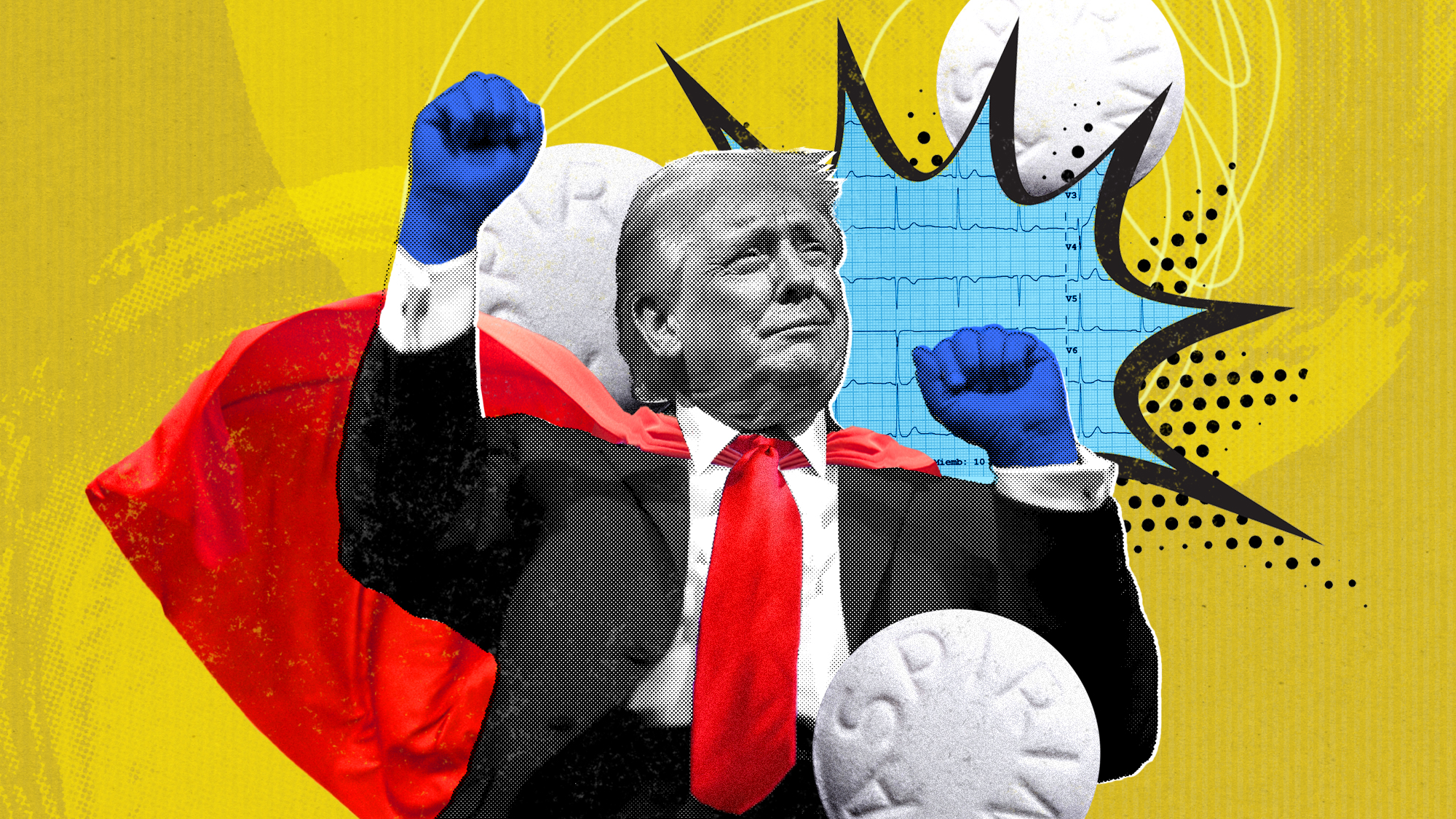 A running list of everything Donald Trump’s administration, including the president, has said about his health
A running list of everything Donald Trump’s administration, including the president, has said about his healthIn Depth Some in the White House have claimed Trump has near-superhuman abilities
-
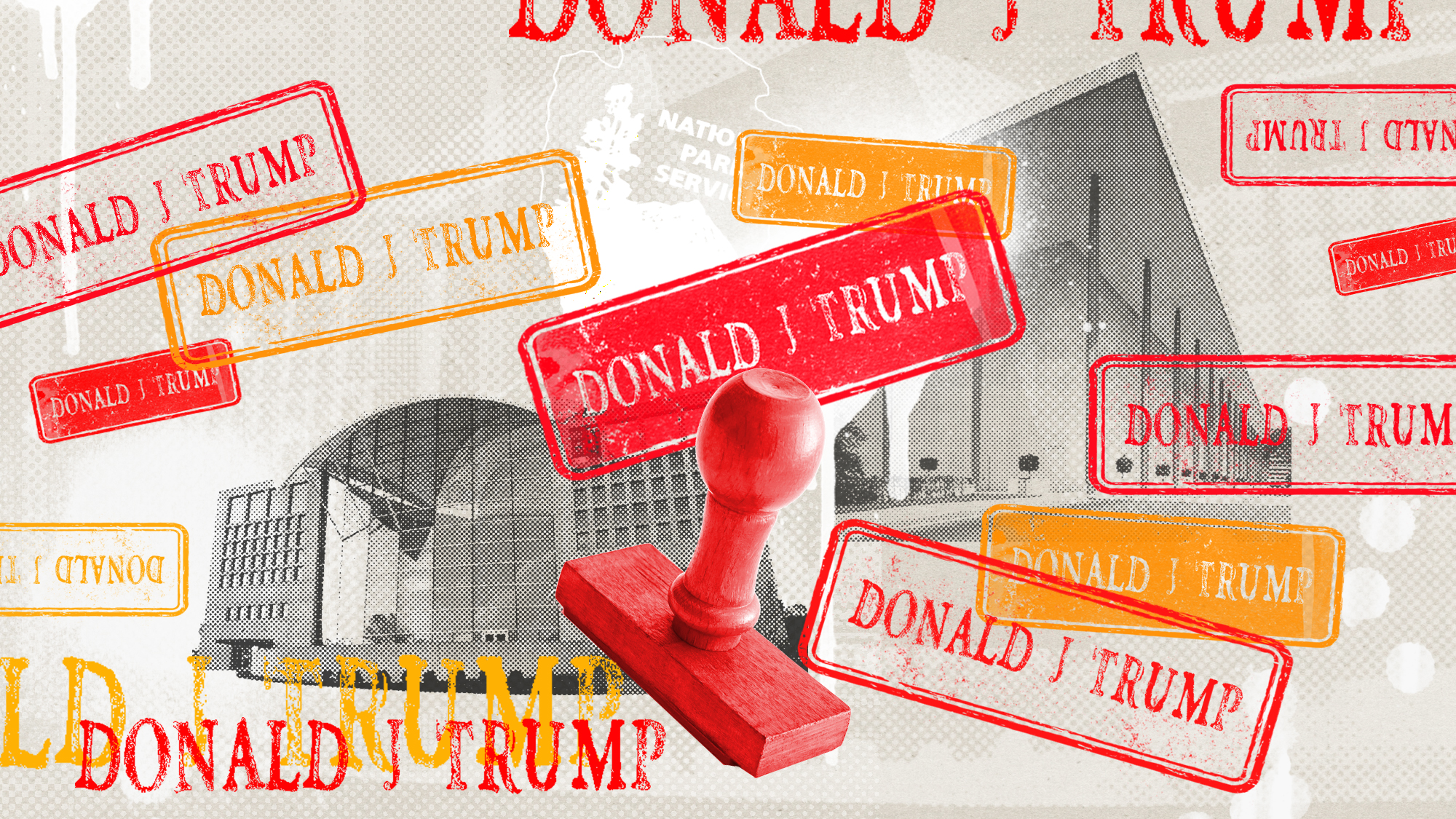 A running list of everything Trump has named or renamed after himself
A running list of everything Trump has named or renamed after himselfIn Depth The Kennedy Center is the latest thing to be slapped with Trump’s name
-
 A running list of the international figures Donald Trump has pardoned
A running list of the international figures Donald Trump has pardonedin depth The president has grown bolder in flexing executive clemency powers beyond national borders
-
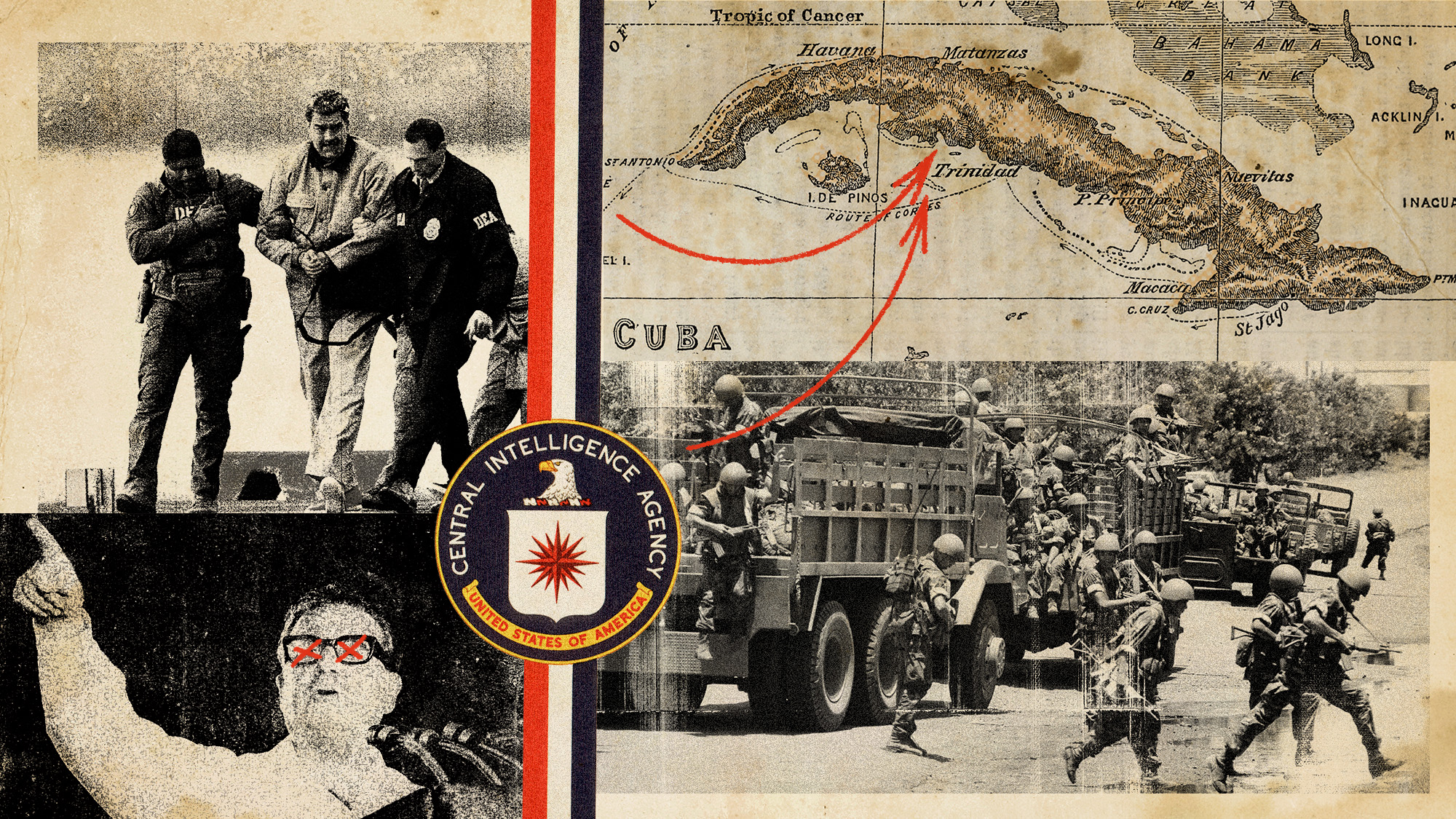 A running list of US interventions in Latin America and the Caribbean after World War II
A running list of US interventions in Latin America and the Caribbean after World War IIin depth Nicolás Maduro isn’t the first regional leader to be toppled directly or indirectly by the US
-
 A running list of the US government figures Donald Trump has pardoned
A running list of the US government figures Donald Trump has pardonedin depth Clearing the slate for his favorite elected officials
-
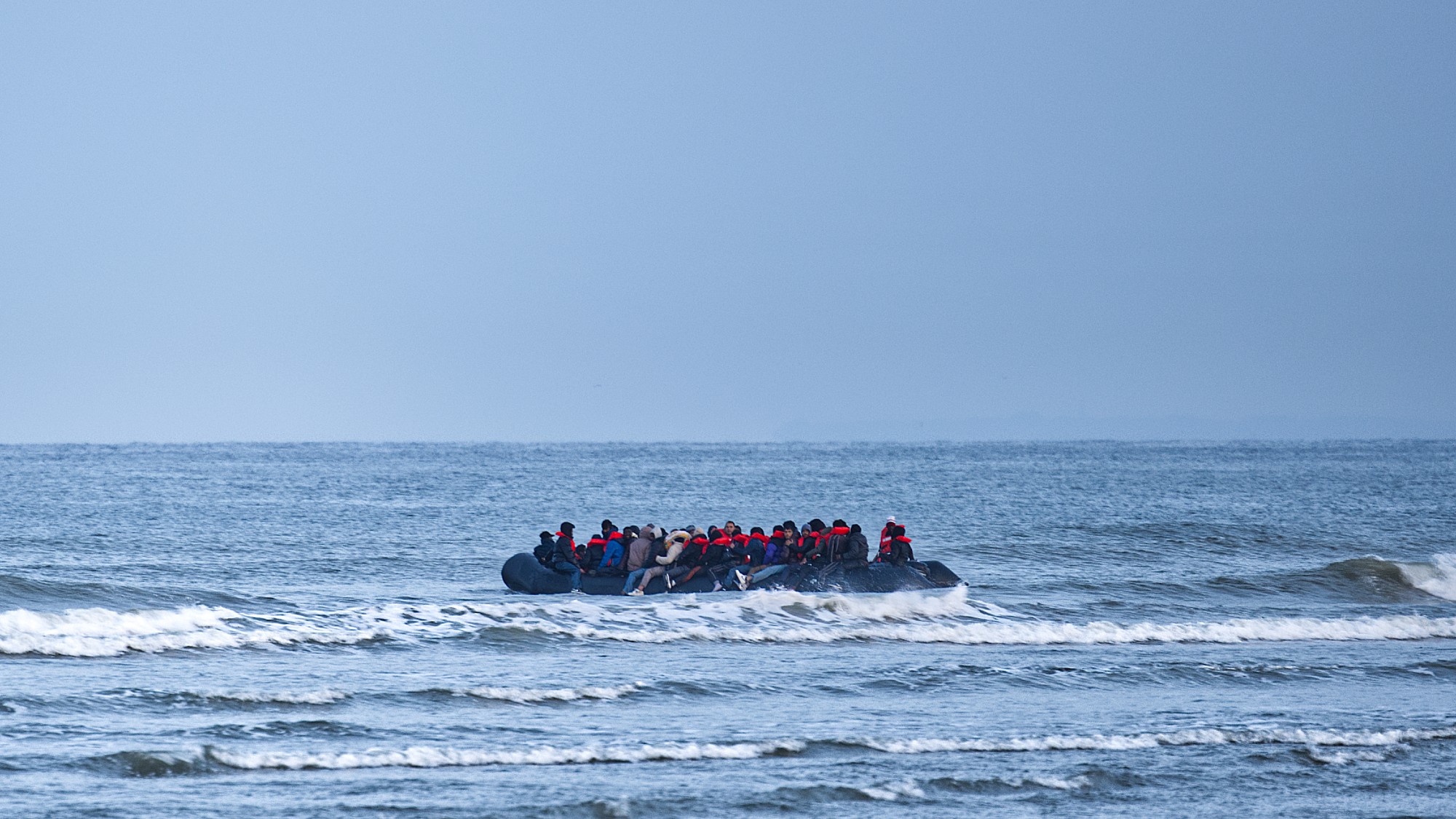 ECHR: is Europe about to break with convention?
ECHR: is Europe about to break with convention?Today's Big Question European leaders to look at updating the 75-year-old treaty to help tackle the continent’s migrant wave
-
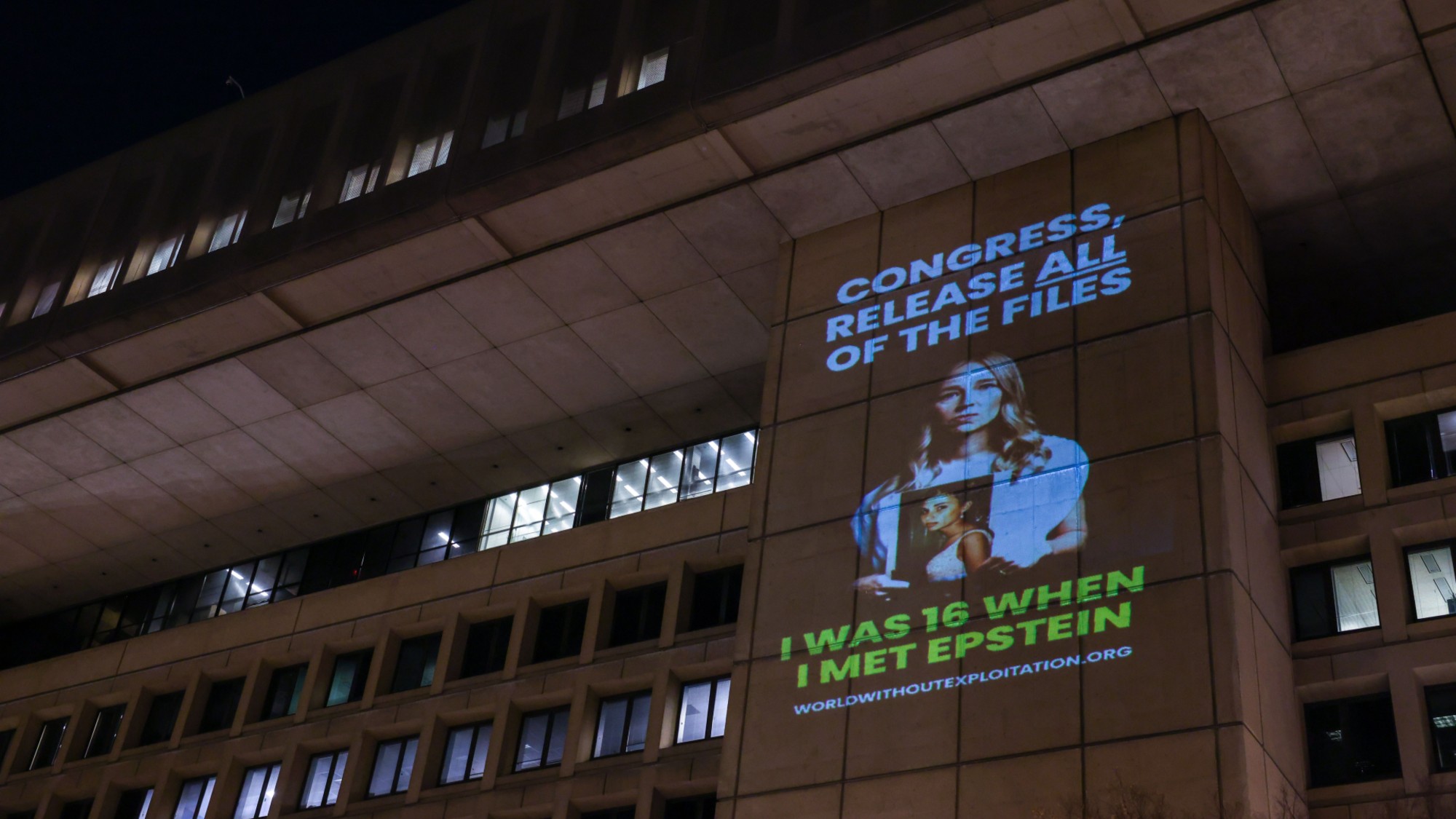 The powerful names in the Epstein emails
The powerful names in the Epstein emailsIn Depth People from a former Harvard president to a noted linguist were mentioned
-
 Nigel Farage: was he a teenage racist?
Nigel Farage: was he a teenage racist?Talking Point Farage’s denials have been ‘slippery’, but should claims from Reform leader’s schooldays be on the news agenda?
